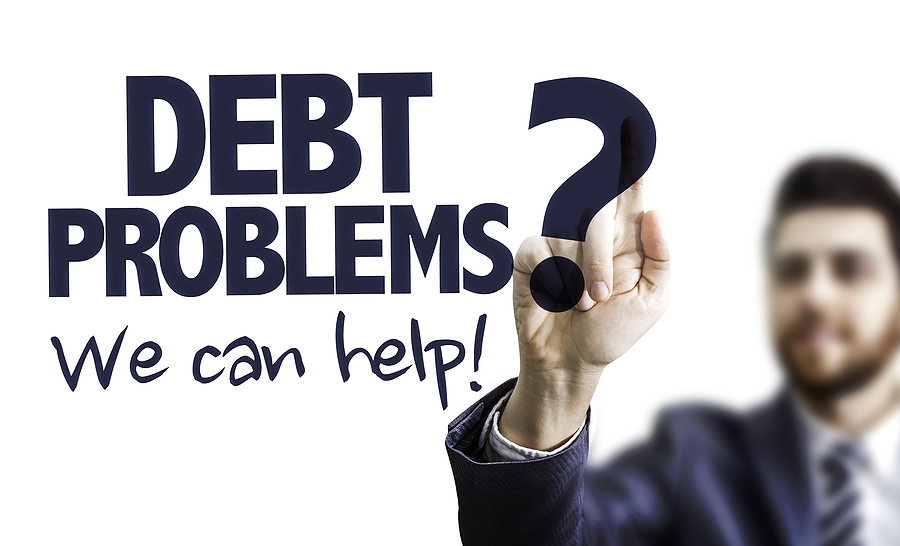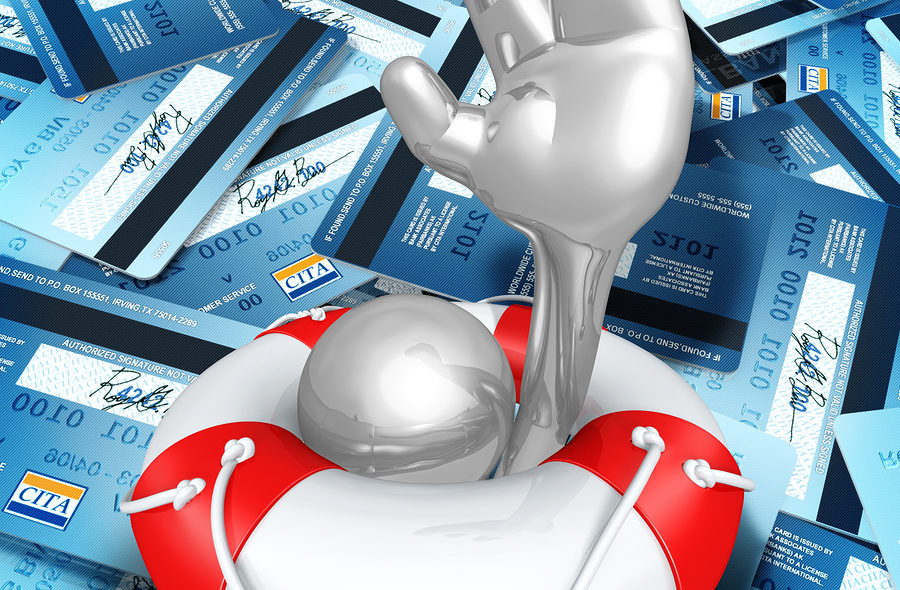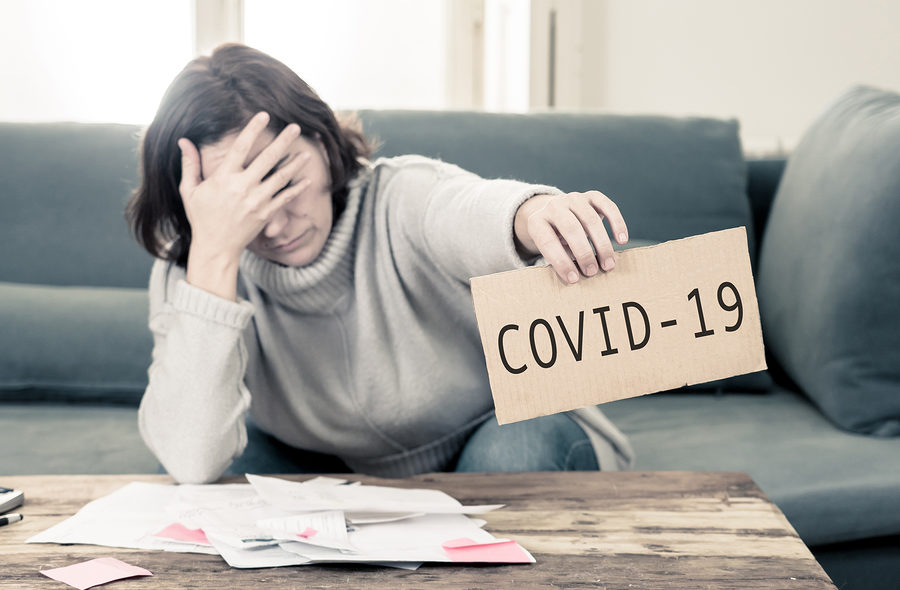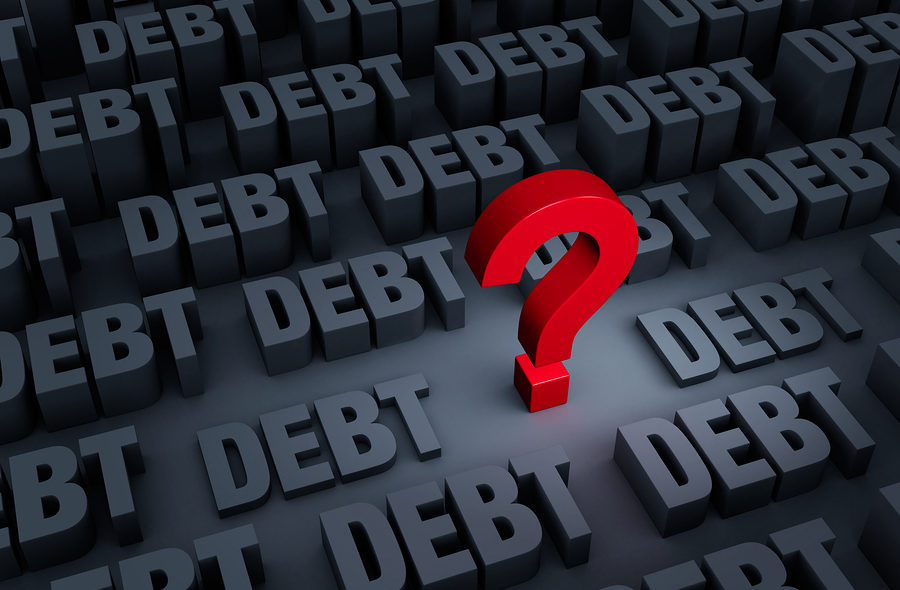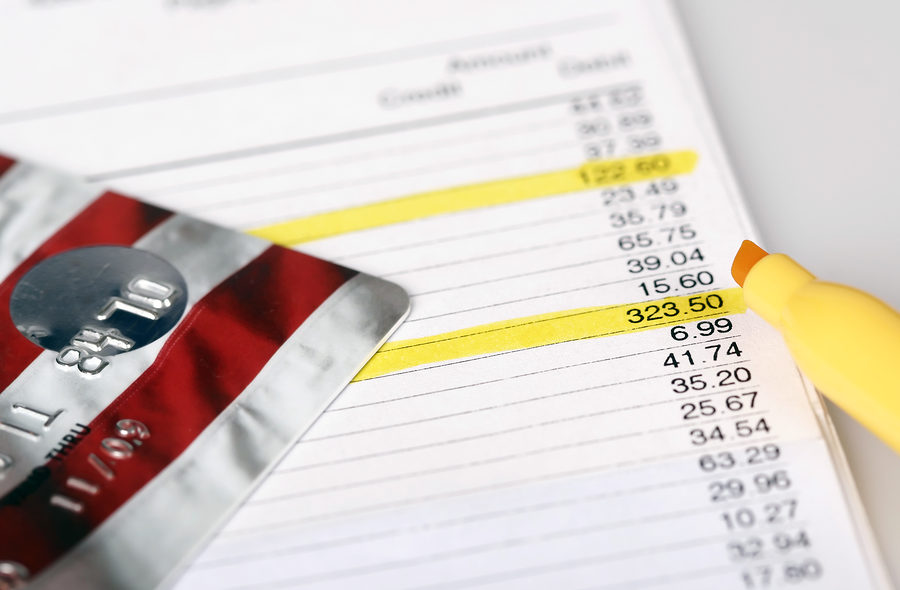Although filing for bankruptcy can provide considerable relief to those who are facing insurmountable debt, bankruptcy is not always the best choice for everyone. While some may not qualify for bankruptcy, others may wish to use an alternative solution to solve their debt problems. This is where debt relief programs come in, claiming to help consumers negotiate with their creditors and provide a solution to settle the debt.
However, is it safe to use a national debt relief organization to resolve your debts? While some report positive experiences with these companies, others (many others) have reported negative experiences that resulted in them spending more money in the long run. Also, many consumers have been taken advantage of by debt relief companies that ended up collecting fees without actually providing any debt relief services.

